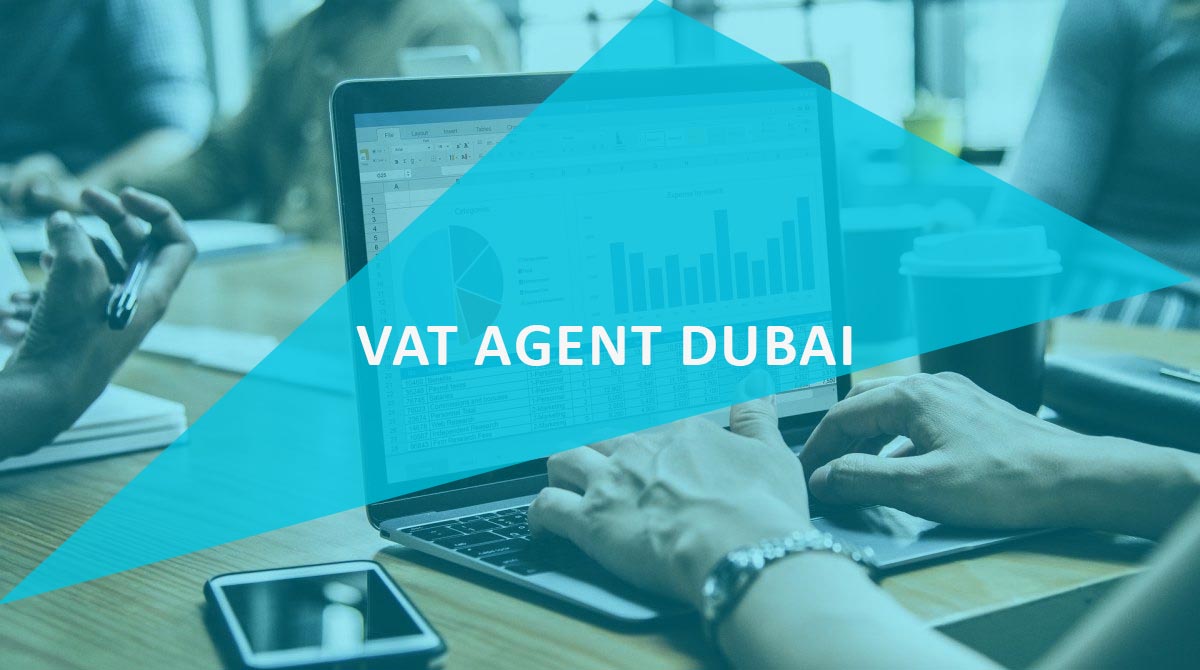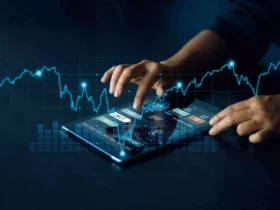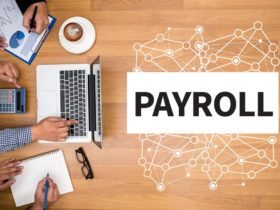VAT Consultants in DMCC was mainly correlated with the vat process. EU VAT is exacted in every one of the 27 part states. Assuming you’re a business anyplace on the planet and you have clients in the European Union, tune in.
It’s an ideal opportunity to quit fooling around with Value-Added Tax. The one you ought to apply to pretty much every deal you make in the EU. Furthermore the tax you ought to report back each quarter.
For quite a long time, numerous organizations selling labor and products into the EU have imagined that as long as they pay taxes in their nation of origin. They’re comparable to gold. That is not the case any longer, in any case.
As a provider of advanced items to EU clients, you’re liable for charging, gathering, documenting. Also paying this Europe-explicit tax.
You can see the entirety of the fundamental data, responding to every one of the inquiries we envision are kicking around in your mind. Furthermore spread out everything about EU VAT for far-off vendors in a single spot.
What Is VAT?
VAT means “value-added tax”. Furthermore is a utilization tax placed on an item whenever value is added at each stage of the inventory network. For UK businesses that are VAT-registered, there is a VAT charge on most items. Furthermore, the services they provide. VAT is likewise added to some labor and products. That has been imported from some EU and non-EU countries.
When these items and services are offered to both commercials. Also non-commercial businesses, VAT is added to the sale price of these products by VAT-registered companies. Conversely, VAT-registered businesses can typically reclaim the VAT paid. When purchasing items or services.
Furthermore, since there are constantly two perspectives to most things. You can check out the two sides of the VAT coin. Also, explore the advantages and disadvantages of being VAT registered (deliberately). You can easily identify the DMCC vat registration in the UAE.
Charging VAT
At the point when VAT is charged on labor and products the term ‘taxable supplies’ might be utilized.
On the off chance that you are ready to go and you supply labor and products, you ordinarily need to:
- register with the tax experts in the EU country where your business is laid out.
- charge your client VAT and record for this to the tax specialists.
Cash doesn’t really need to change hands for VAT to be expected – you may likewise need to charge VAT (for the most part on market esteem) on labor and products that:
- you trade for different labor and products.
- you offer for nothing.
- you procure for your own private utilization.
Deducting VAT
Assuming that you are ready to go, you can generally deduct the VAT. That you have paid on your own business buys from the VAT you charge your clients. You then, at that point, just need to pay the distinction to the tax specialists. What’s more, report these sums to them in your intermittent VAT return.
Here and there, the VAT your business has paid surpasses the VAT you have charged to your clients. Provided that this is true, the tax specialists ought to repay or acknowledge you for the distinction.
VAT On Invoices
Ordinarily, assuming that you are enlisted for VAT and you make deals to different organizations, you should give a VAT receipt. Either in paper or electronic structure. Tank is typically added to the cost of the labor and products on your receipt.
Your VAT distinguishing proof number should be displayed on all solicitations you provide for clients. As well as how much VAT is charged and other standard things.
Exceptions
There are a few exemptions for this standard.
For instance, assuming you offer support to another business that isn’t situated in a similar EU country as your organization is based. Then, at that point, the VAT won’t show up on your receipt. This doesn’t mean the help isn’t dependent upon VAT. Simply that the VAT would be represented. Furthermore paid straight by your colleague in the other EU country.
Likewise, assuming you make a product of merchandise to a non-EU country, your receipt won’t show VAT. Regularly, the purchaser in the non-EU nation will be dependent upon the importation rules of its country.
Do I Need To Charge GST On Sales To Overseas Customers?
GST (Goods and Services Tax) is an expansive put together tax of 10% with respect to most merchandise administrations. Furthermore, different things are sold or consumed in the UAE. And furthermore on most imports of products. These incorporate charges for proficient administrations directed. Like expenses for a UAE instructive establishment.
GST isn’t applied to a help assuming it is outside UAE and the utilization of the assistance is outside UAE. It is additionally GST free assuming the beneficiary of the assistance is outside of UAE.
Exports of labor and products are by and large without gst. Assuming you’re enrolled for GST, this implies:
- You do exclude GST in the cost of your exports.
- You can in any case guarantee credits for the GST remembered for the cost of buys you use to make your sent out labor and products.
There are a few conditions where GST should be paid, for example, assuming the products stay in UAE for over 60 days after they are sold. You ought to allude to the UAE Taxation Office for definite data on GST rules and your commitments as a UAE business.
Why Are Non-EU Businesses Responsible For EU VAT?
Since European state run, administrations need to guarantee they get taxes on generally labor and products consumed by their residents. Indeed, even advanced labor and products coming from different areas of the planet.
In the event that unfamiliar organizations weren’t expected to charge VAT, envision the inconvenience that would put on EU-based organizations. Their items would cost more. Their nearby clients would look outside the area to find something less expensive. Furthermore, EU organizations would endure. Then, at that point, when the EU organizations endure and make less deals, their states gather less tax.
Thus, requiring non-EU organizations to charge VAT levels out the battleground for nearby sellers. Also, it expands the EU state run administrations’ tax revenues. It’s all financial matters, child.
Conclusion
So from this article, you can find some valuable information about VAT and its procedures in DMCC. You can learn the charging and deducting of VAT. And also you can find the charging of GST on sales.













